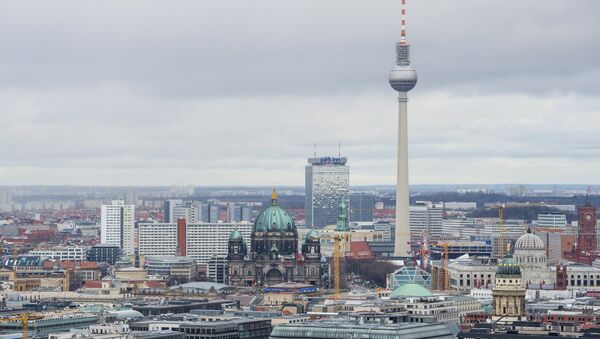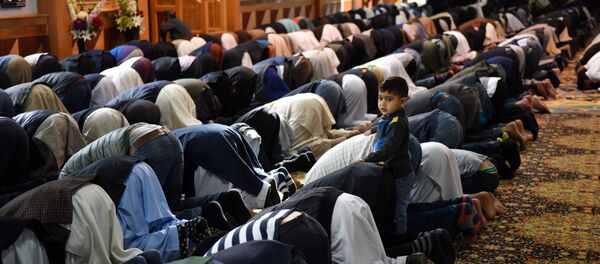Among other measures, the concept recommends German residents to stock food and drinking water for ten days to provide themselves with the necessities in the event of an emergency.
"Residents are expected to create personal supplies of food for ten days," the newspaper reported, referring to the document.
The recommendation concerning food supplies is not the only provision of the concept. However, it was the one that has caused heated debate among German media and politicians.
According to the head of the Left Party faction in the Bundestag Dietmar Bartsch, the provision calling on the population to quickly buy large amounts of food could confuse people and cause panic, he said in an interview with the newspaper Kölner Stadt-Anzeiger.
For his turn, the deputy chairman of the Green faction Konstantin von Notz said that he doesn't "see such a scenario of an attack in which the population must stock the food".
At the same time, member of the Social Democratic Party Burkhard Lischka believes that there is "nothing unusual about purchasing food and water for the future" and this measure shouldn't be perceived as something that might spread the fear among the country's residents, AFP reported.
According to German newspaper Bild, the concept also contains a number of measures which German authorities are planning to undertake in order to protect the population. They, for example, are designed to ensure adequate supply of antibiotics and vaccines against smallpox, provide protective clothing for the population, including protective masks, as well as construct special wells that can supply the population with drinking water for at least 14 days.



